Indigenous Governance Database
Governance
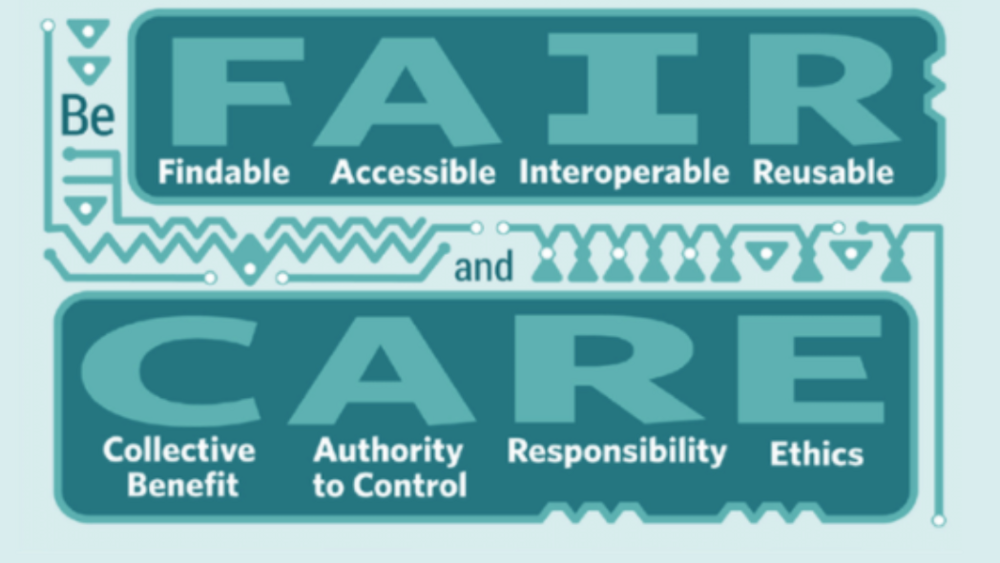
Working with the CARE Principles: operationalising Indigenous data governance
Shifting the focus of data governance from consultation to values-based relationships to promote equitable Indigenous participation in data processes. Indigenous data sovereignty is becoming an increasingly relevant topic, as limited opportunities for benefit sharing have focused attention on the…
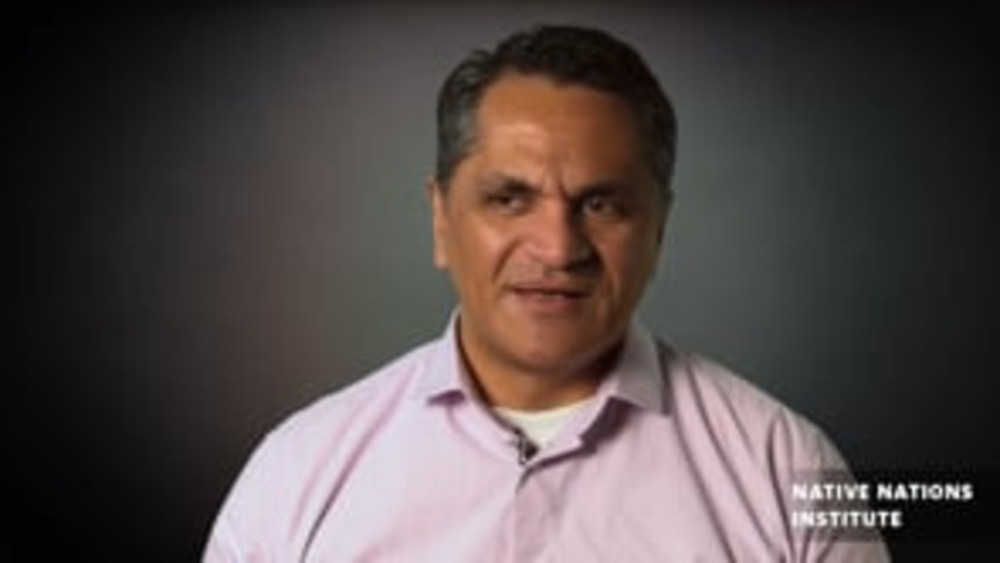
Robert Joseph: History of Maori Governance and Self-Determination
In this interview, Māori barrister and Senior Lecturer at The University of Waikato Te Whare Wānanga o Waikato, Dr. Robert A. Joseph offers his expert analysis of governance and law through the historical perspective of Māori self-governance. Dr. Joseph gives a summary of the complexities…

Jim Gray: Making Change Happen
Former Principal Chief James Gray of the Osage Nation makes a guest speaker appearance to the January In Tucson class “Making Change Happen”. In Chief Gray’s own words, he shares his direct experiences with indigenous governance for the Osage people and gives a larger context to the historic…
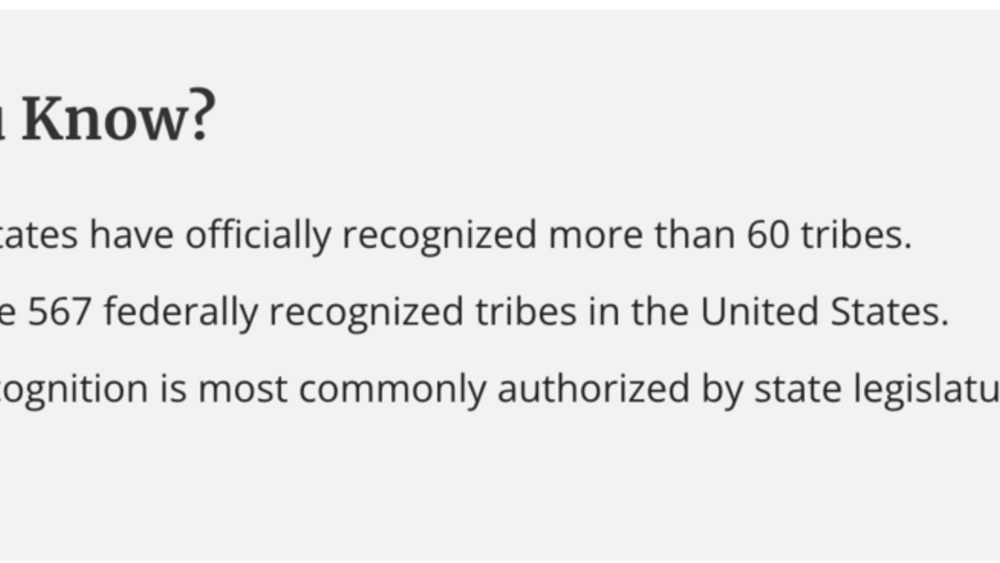
State Recognition of American Indian Tribes
State-tribal relations have a long and complex history in the United States. States’ government- to-government relationships with tribes continue to evolve, taking many forms, including formal recognition. Usually accomplished through legislative action, state recognition of American Indian tribes…
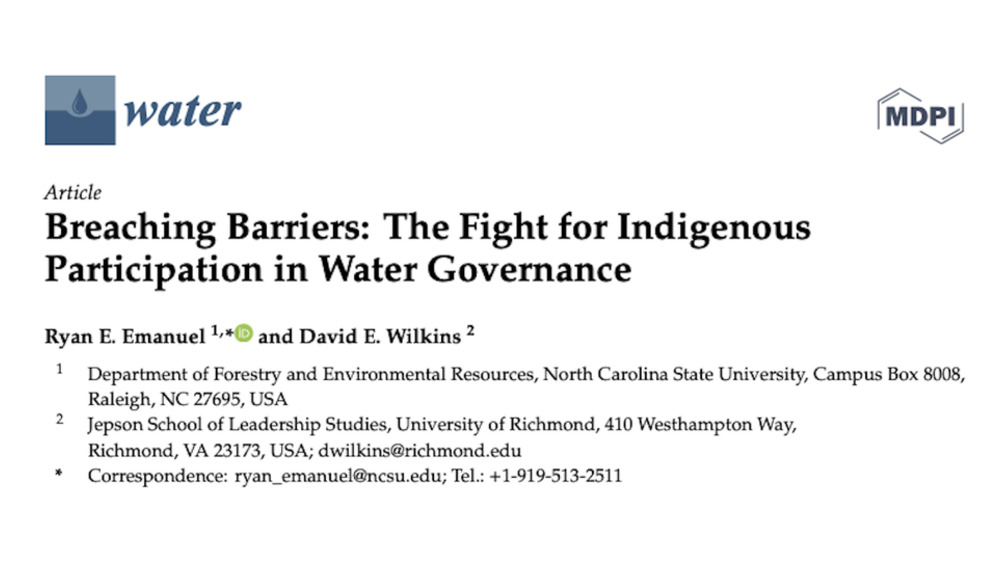
Breaching Barriers: The Fight for Indigenous Participation in Water Governance
Indigenous peoples worldwide face barriers to participation in water governance, which includes planning and permitting of infrastructure that may affect water in their territories. In the United States, the extent to which Indigenous voices are heard—let alone incorporated into decision-making—…
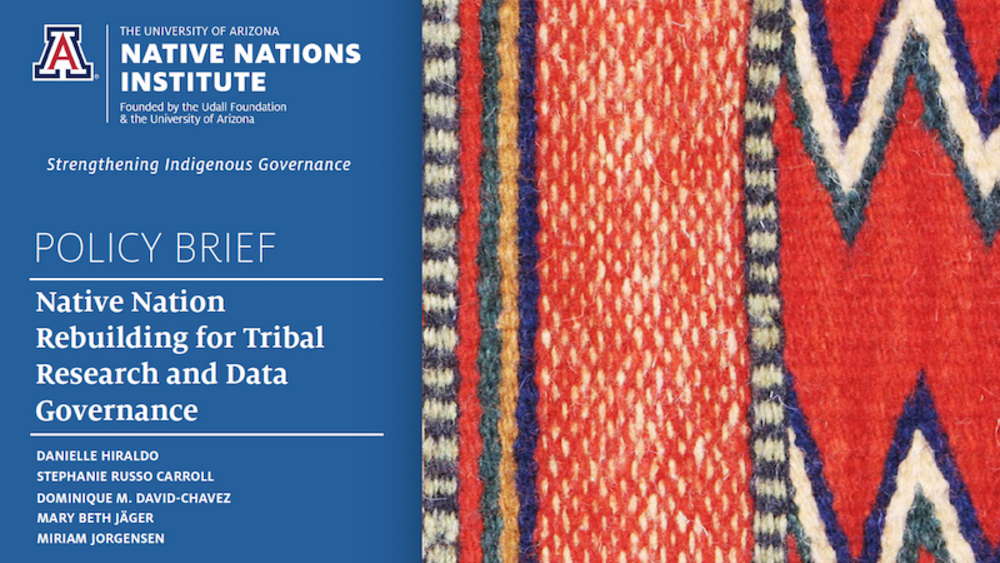
Policy Brief: Native Nation Rebuilding for Tribal Research and Data Governance
Indigenous Peoples conducted research long before their interactions with European settlers. Whether through observation or practice, research in a non-western context was woven into Indigenous ways of knowing and being. It continues to inform Indigenous Knowledges of landscapes and natural…

Mortgage Lending on South Dakota’s Indian Trust Land: Findings from a Survey of Lenders
Since its formation in 2013, the South Dakota Native Homeownership Coalition (SDNHOC or “the Coalition”) has brought together a diverse group of more than 75 tribal, state, federal, nonprofit, and private sector stakeholders to identify barriers, share innovative solutions, and leverage resources…
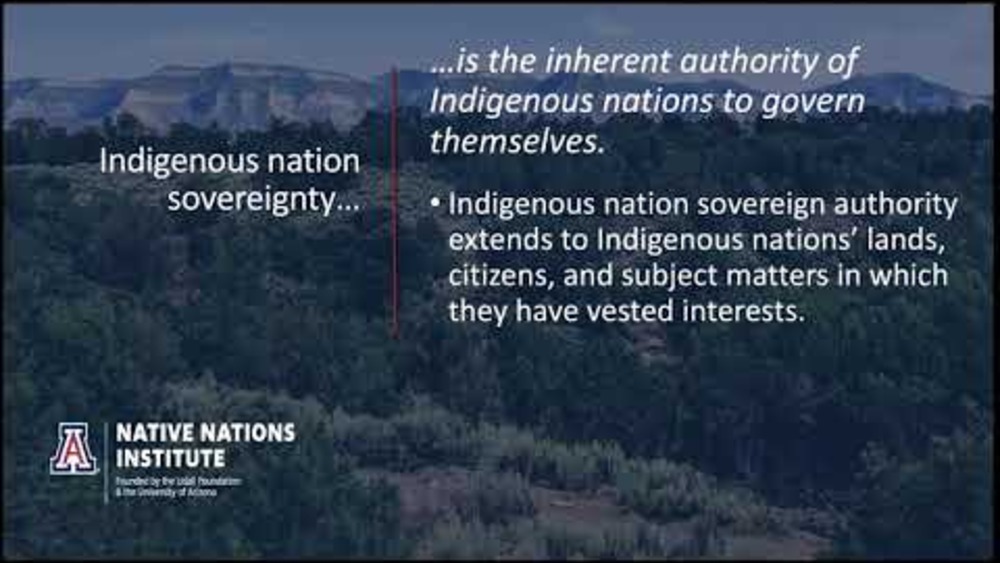
Invisible Borders of Reservations, Tribal Treaties, and Tribal Sovereignty
This 3-part discussion about the invisible borders of reservations, tribal treaties, and tribal sovereignty is led by Dr. Miriam Jorgensen, Research Director of both the University of Arizona Native Nations Institute and its sister organization, the Harvard Project on American Indian Economic…
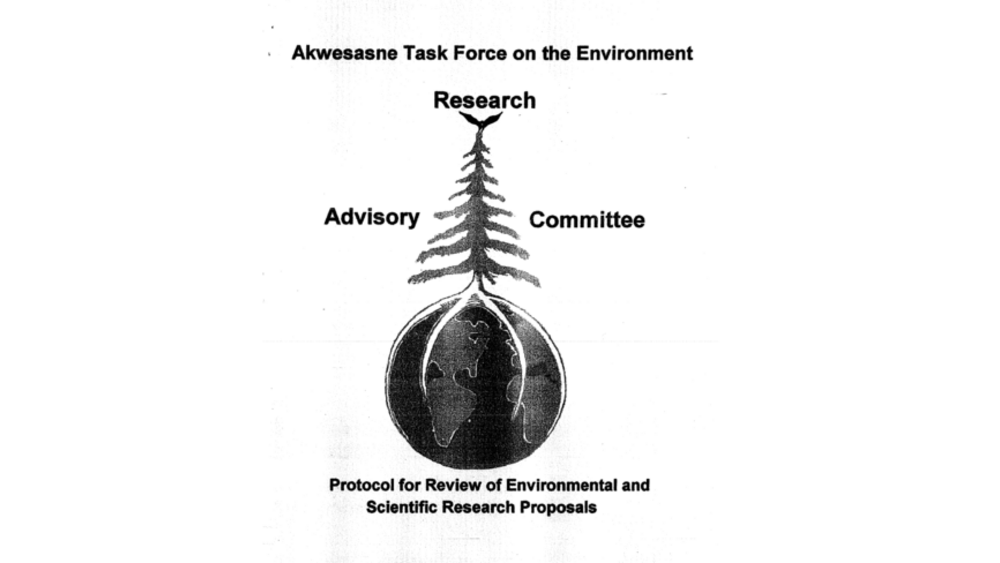
Protocol for Review of Environmental and Scientific Research Proposals
The principles of skennen, kariwiio and kasastensera serve as the foundation and guiding force for the Akwesasne Task Force on the Environment (ATFE). Since the beginning of time, our Creator has told our people to strive for peace and as individuals, communities and Nations, we must constantly…
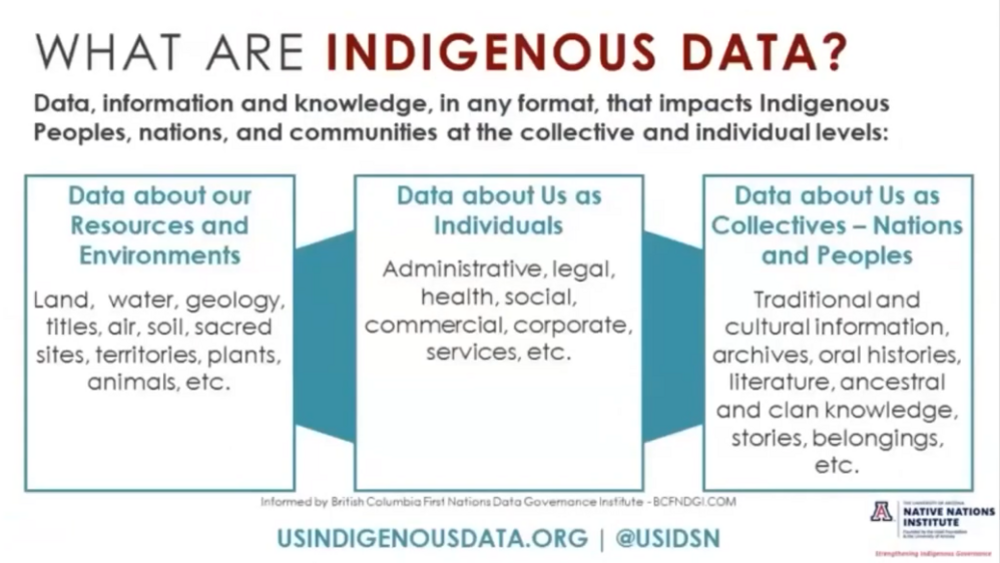
Operationalizing the CARE Principles for Indigenous Data Governance Webinar
Presented by: Stephanie R. Carroll, Assistant Professor and Associate Director of the Native Nations Institute, University of Arizona Jane Anderson, Associate Professor, Department of Anthropology and Museum Studies, New York University Extractive and unethical research practices led to the…
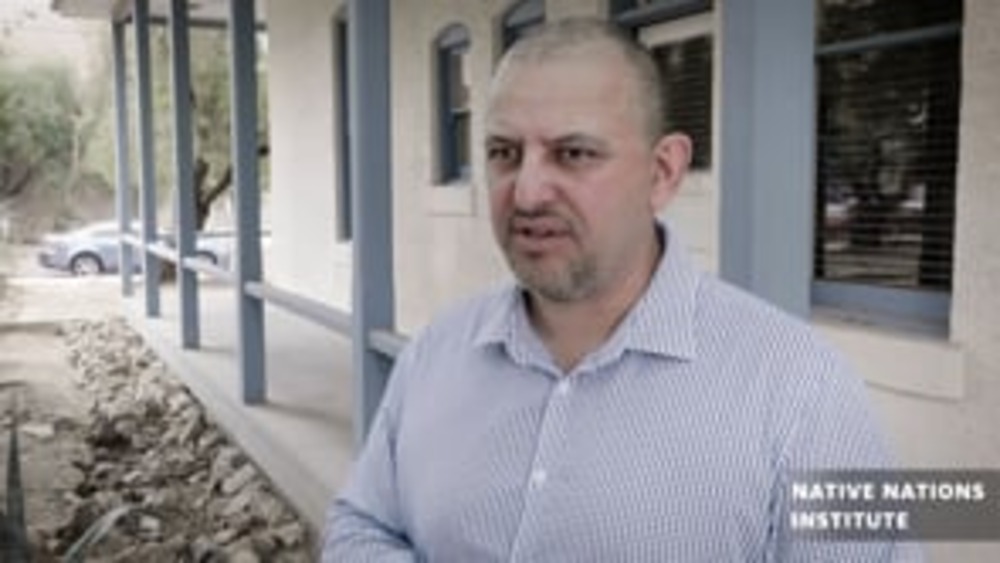
Jason Mika: Maori Governance and Maori Economy
Jason is a Fulbright scholar in the US from August 2019 to January 2020 visiting the Native Nations Institute (Aug-Oct) at the University of Arizona and the Woods Institute for Environmental Policy at Stanford University (Oct-Jan). Jason is an Indigenous entrepreneurship researcher from Massey…

Water in the Native World Webinar Series: Arsenic Concentrations in Ground and Surface Waters across Arizona Including Native Lands
“Water in the Native World,” a special issue on tribal water research was just released by the Journal of Contemporary Water Research and Education. This is the second time, Dr. Karletta Chief, the PI of the Community Engagement Core of the University of Arizona Superfund Research Center (UA SRC)…
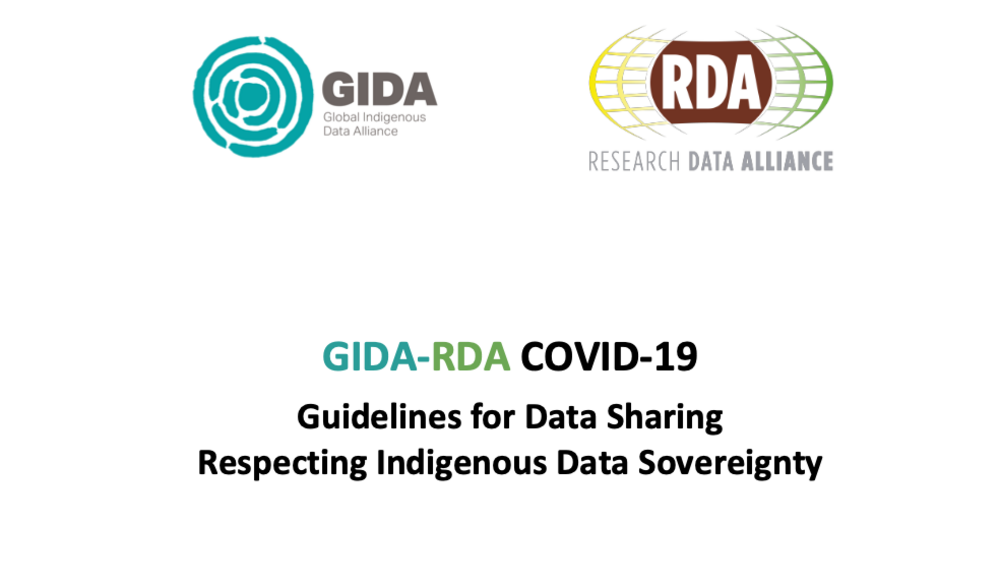
GIDA-RDA COVID-19 Guidelines for Data Sharing Respecting Indigenous Data Sovereignty
Indigenous Peoples around the globe have diverse narratives of resilience and adaptability; however, they are also acutely impacted by the negative social, economic, environmental and health outcomes of COVID-19 (UN Special Rapporteur on the rights of Indigenous Peoples, 2020). As such, it is vital…
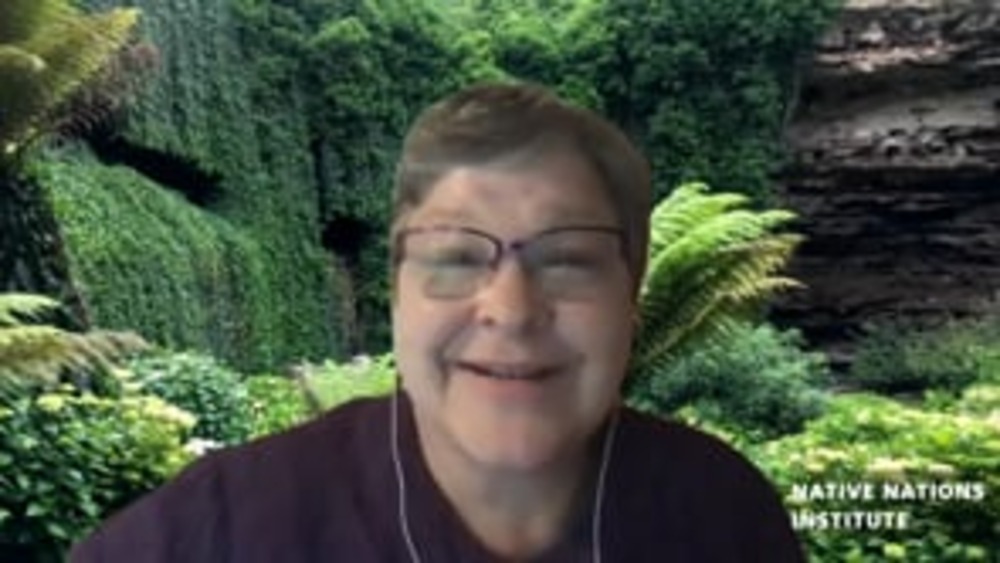
Native Nation Building and the CARES Act
On June 10, 2020 the Native Nations Institute hosted an a online panel discussion with Chairman Bryan Newland of the Bay Mills Indian Community, Councilwoman Herminia Frias of the Pascua Yaqui Tribe, and hosted by Karen Diver the former Chair of the Fond du Lac Band of Lake Superior Chippewa and…
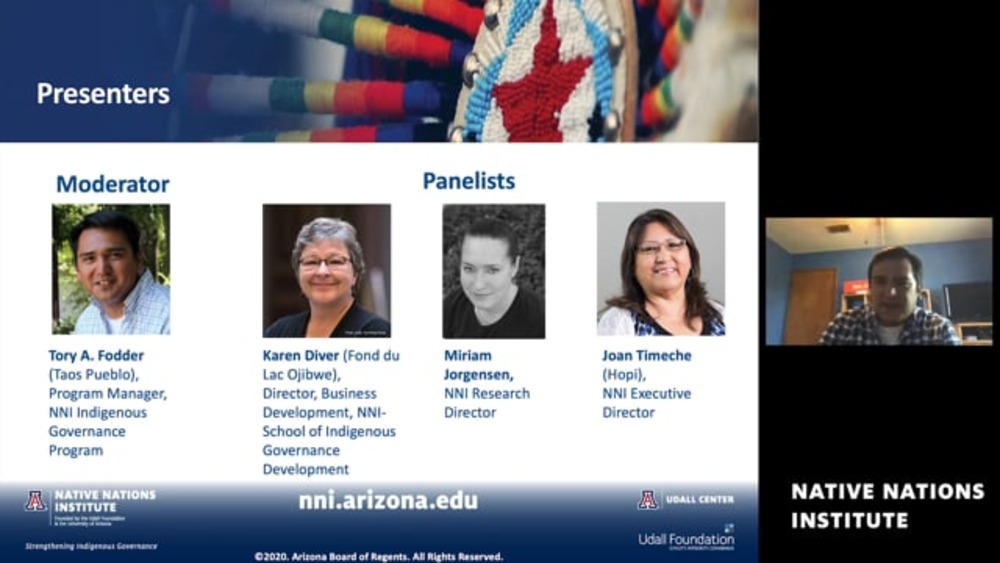
Webinar: Rebuilding Native Nations and Strategies for Governance and Development
The Indigenous Governance Program (IGP) at the University of Arizona has long been at the vanguard of delivering Indigenous Governance Education. To do our part at this critical time, IGP was pleased to offer our January in Tucson Courses in May event free of charge, live streamed via Zoom to…
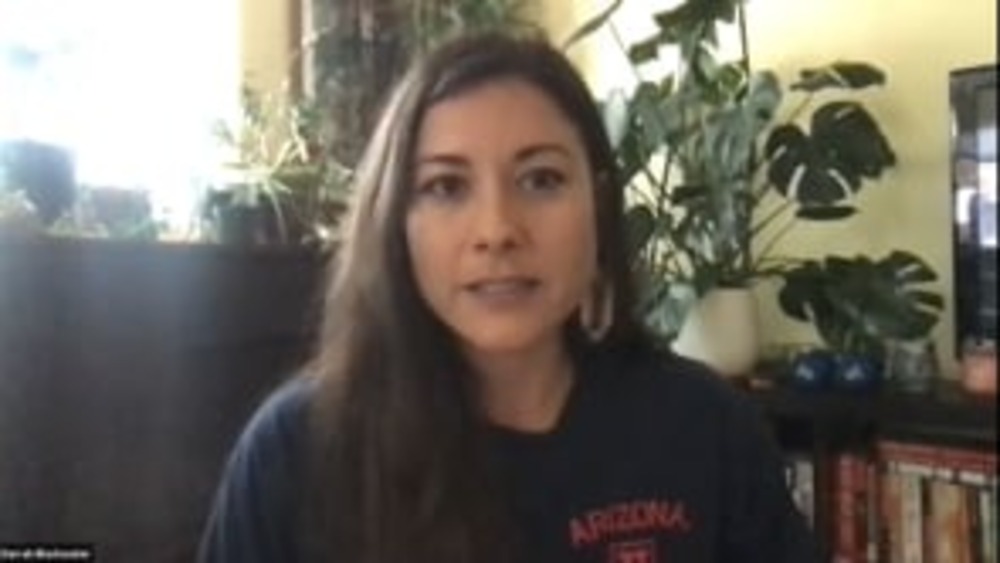
Indigenize the Internet: How to close the digital divide by respecting tribal sovereignty by Darrah Blackwater
Broadband internet and the tools necessary to access it are critical for economic development, education and employment opportunities, and public health and safety for tribal nations and their citizens. Broadband internet is an essential utility, especially during this global pandemic, which is…

Indigenous Data Sovereignty: The CARE Principles and the Biocultural Labels Initiative
The NYU Alliance for Public Interest Technology Alliance is a dynamic and multidisciplinary group of NYU faculty who are experts on the responsible and ethical creation, use and governance of technology in society. The Alliance is a provostial initiative that connects numerous NYU hubs and…
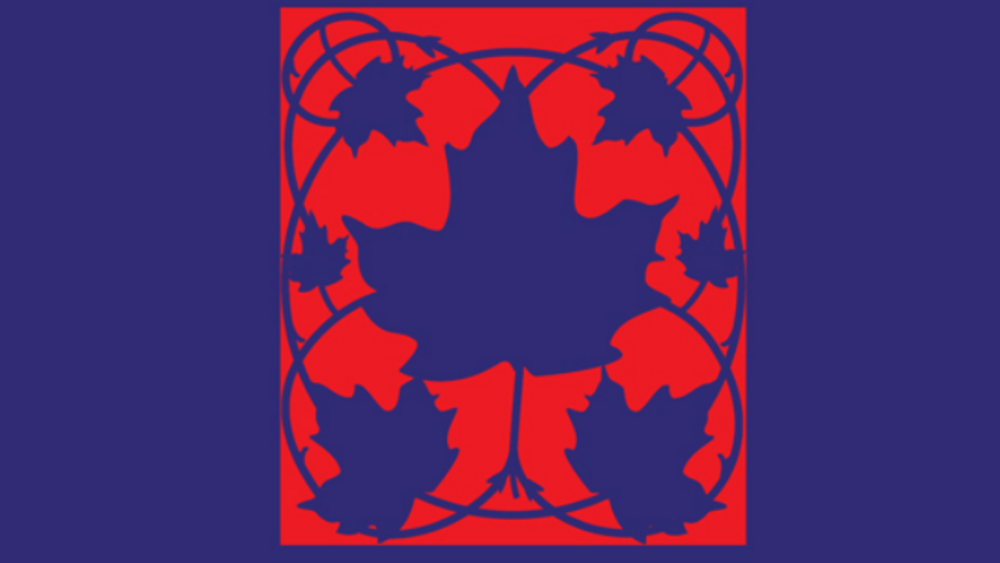
What are the Limits of Social Inclusion? Indigenous Peoples and Indigenous Governance in Canada and the United States
Contemporary debates about poverty and its mitigation often invoke the idea of social inclusion: the effort to increase the capacities and opportunities of disadvantaged populations to participate more fully in the economy, polity, and institutions of developed societies. While practical outcomes…
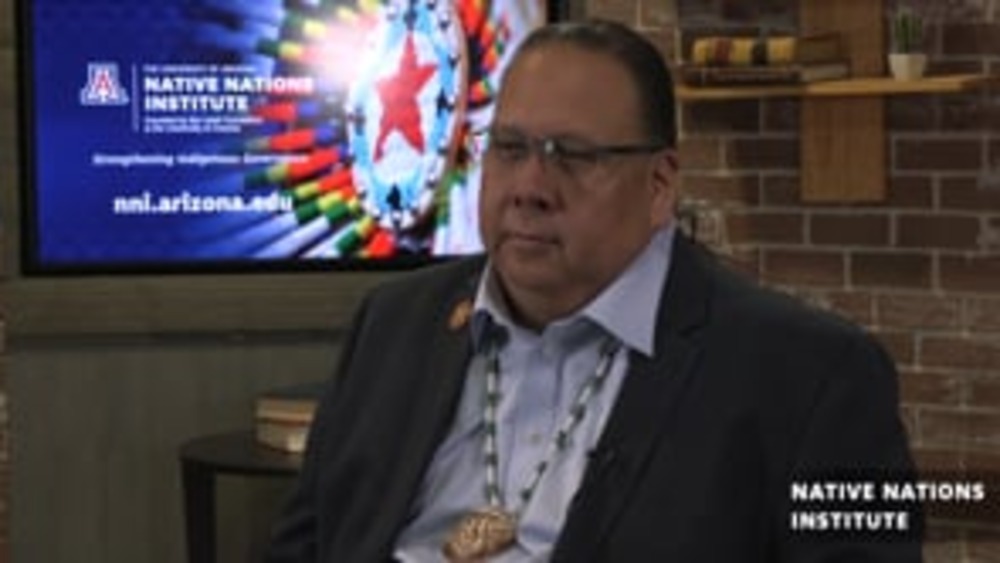
Stephen Roe Lewis: Effective Tribal Leadership for Change
Stephen Roe Lewis has been serving two terms as the Governor of the Gila River Indian Community. He follows a strong tradition and family legacy of leadership for the Akimel O’otham and Pee-Posh people in this desert riparian region of Arizona. Governor Lewis has worked on numerous political…
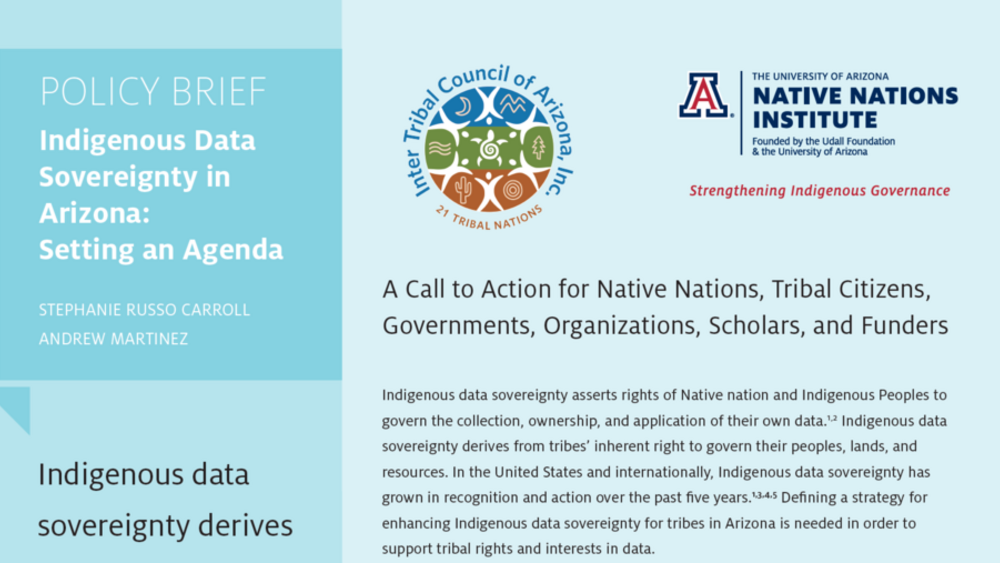
Policy Brief: Indigenous Data Sovereignty in Arizona: Setting an Agenda
Indigenous data sovereignty asserts the rights of Native nations and Indigenous Peoples to govern the collection, ownership, and application of their own data. Indigenous data sovereignty derives from tribes’ inherent right to govern their peoples, lands, and resources. In the United States and…
Pagination
- First page
- …
- 1
- 2
- 3
- …
- Last page
